La Via Campesina
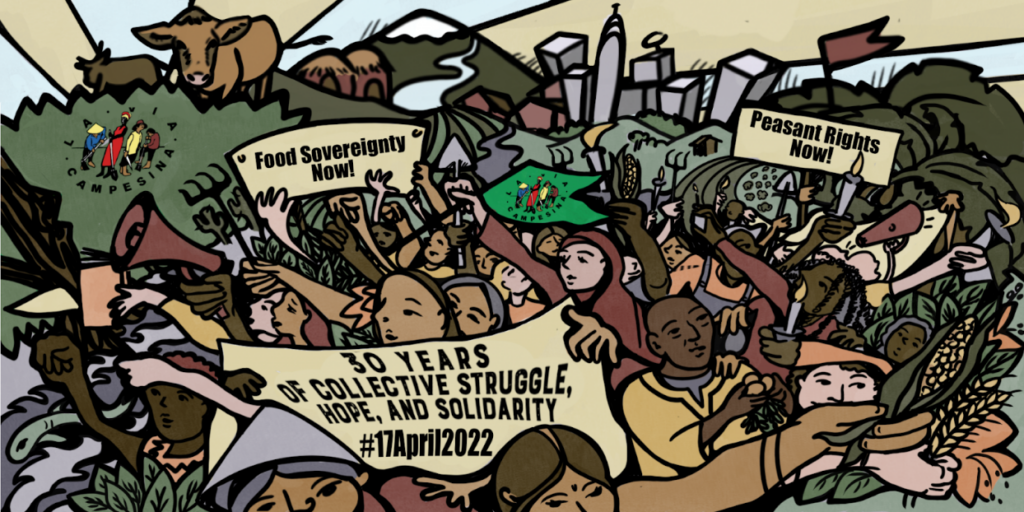
La Via Campesina coined the term food sovereignty in 1996, against the background of an increasingly globalized food system, which heavily favored large agribusinesses over small-scale farmers. The World Trade Organization (WTO) pressured countries to dismantle their local agricultural system, to lower prices, and become competitive on the global market. In order to drive labor costs down, farming became increasingly centralized, driving peasants and Indigenous people off their land at unprecedented rates. Aggressive copyright law and genetic engineering by large agribusinesses robbed peasants of their seeds, rendering them reliant on a volatile global market of pesticides and genetically modified organisms (GMOs). Cheap produce flooded local economies, destroying the livelihoods of farmers who were unable or unwilling to compete.
What can we learn from Deshee Farm? A Visual History
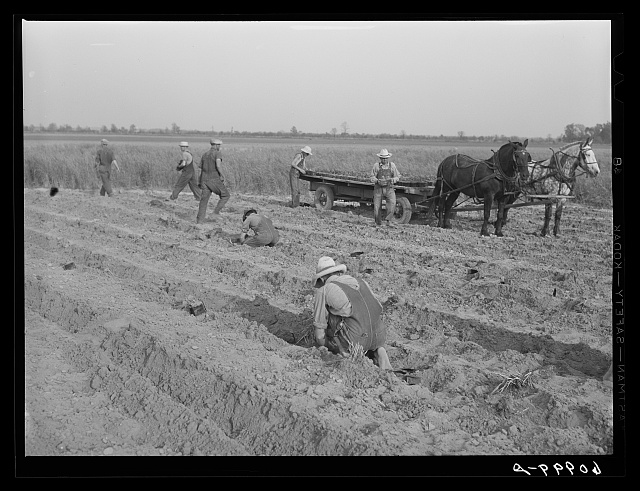
While farms like Deshee failed to take hold in the United States and had significant limitations, its story serves as a reminder that the privatized corporate farming that dominates U.S. agriculture was anything but inevitable. Grassroots organizing by tenant farmers played a key role in securing innovative, state-funded programming whose scale and vision matched the needs of the moment. Had there been more resources to fund similar efforts and more time and autonomy for the members of RA farms to develop the necessary institutions and cultural practices to effectively govern their shared resources, we might have been living in a different, more cooperatively focused world.
Restoring Native Pollinator Habitats with the Agrarian Commons
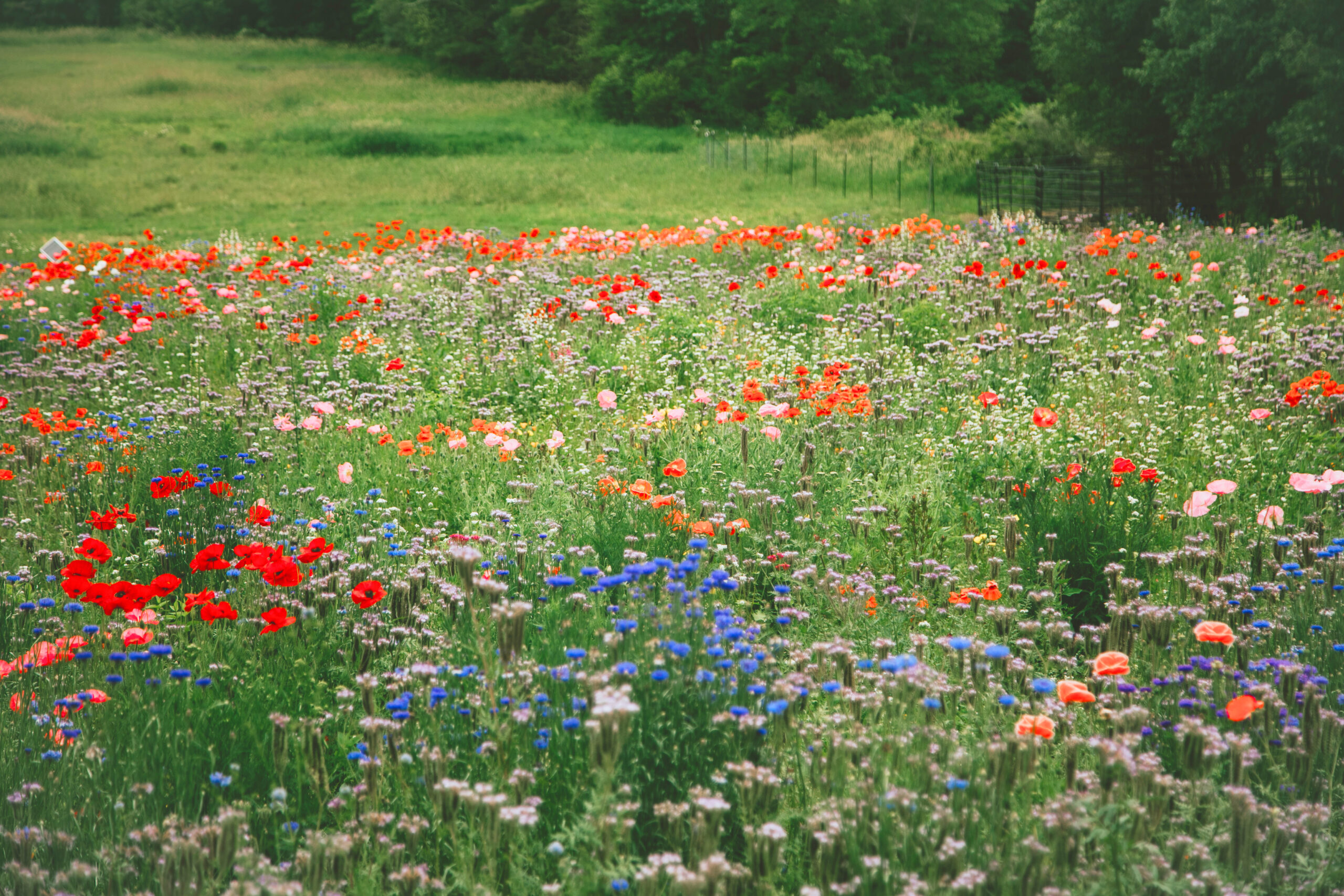
In the past twenty years, habitat loss, pests, pathogens, a lack of genetic diversity among pollinator species, and the reckless use of pesticides has caused a drastic drop in the United State’s pollinator population. Between April 2020 and April 2021 alone, beekeepers report losing 45.1 percent of managed honey bee colonies. This loss of pollinators impedes the function of successful ecosystems and poses a direct threat to farmers’ ability to successfully grow food. According to the United States Department of Agriculture (USDA), about “one mouthful in three in our diet directly or indirectly benefits from honey bee pollination.”
What are the Rights of Nature?
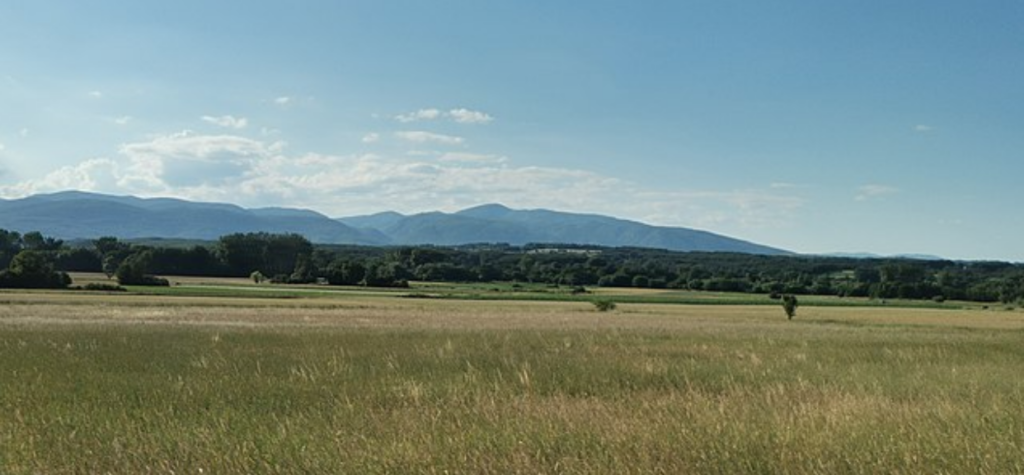
An ecologically responsible, regenerative approach to land management is at the center of Agrarian Trust’s effort to conserve and increase access to farmland across the United States. When a farmer signs on an Agrarian Commons lease, they agree to adhere to a high standard of ecological land management, and to respect specifically defined “Rights of Nature,” which are included explicitly in the lease. Listed here, the Rights of Nature in the Agrarian Commons lease include, but are not limited to:
Healing the Land Through Community Collaboration in the Southwest Virginia Agrarian Commons
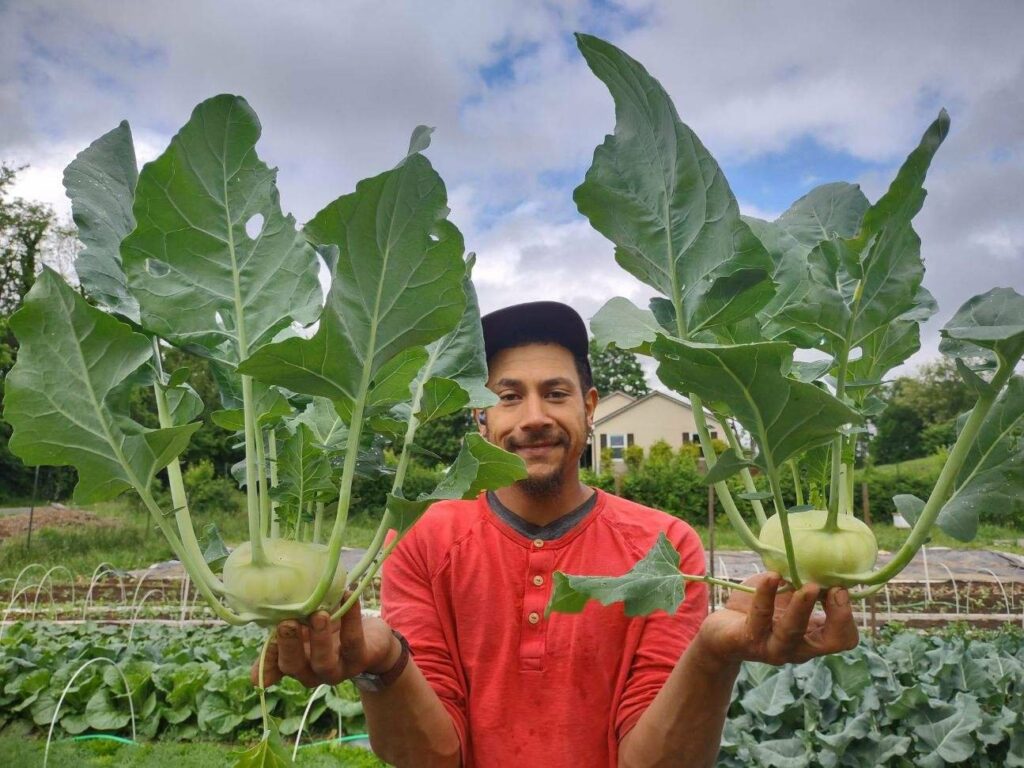
As the campaign to raise $426,250 to purchase Lick Run Farm gains momentum, the Harvest Collective, a Virginia-based collaborative farming group, is already hard at work preparing Lick Run for its new place in the Southwest Virginia Agrarian Commons. Along with Cam Terry, the head farmer at Garden Variety Harvests, the collective has been mowing grass, laying tarps, and completing small construction projects around the land.
Changemaker Profile: Renard Turner and the Central Virginia Agrarian Commons

A Q&A with Renard Turner, co-owner and operator of Vanguard Ranch and founding board member of the Central Virginia Agrarian Commons.
Vermont Agrarian Commons – A New Model of Community Land Partnership for Regenerative Farms
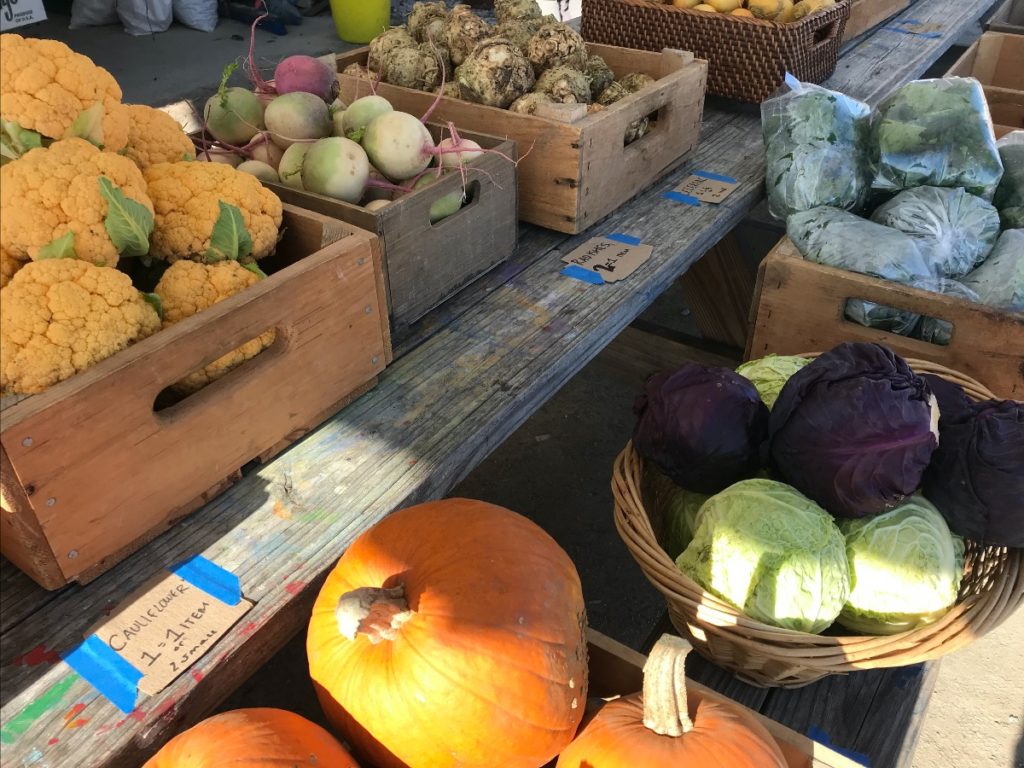
Corie Pierce of Bread and Butter Farm on why the Agrarian Commons offers a strong and vibrant future for the farm.
Press Release: Local Agrarian Commons Co-founders Honored with Food Sovereignty Prize
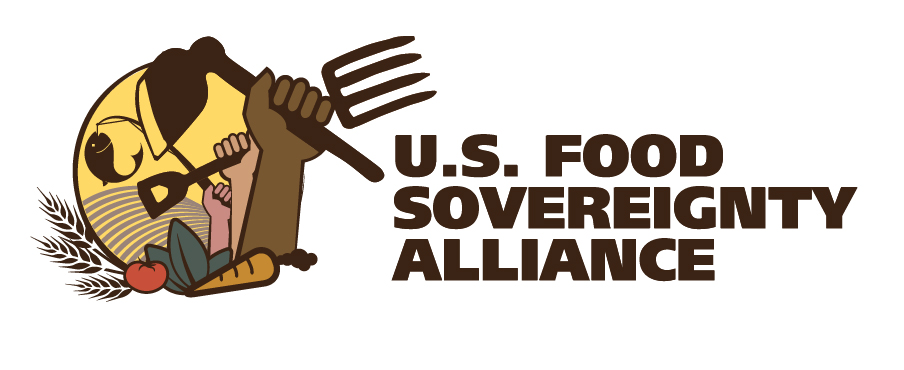
Please join us in congratulating the Somali Bantu Community Association of Maine (SBCA), co-founders of the Little Jubba Maine Agrarian Commons, on being honored by the US Food Sovereignty Alliance’s annual Food Sovereignty Prize. Read more about the prize on their blog and see the press release below. We look forward to the December ceremony […]
Agrarian Trust featured in Catalytic Capital and Agriculture
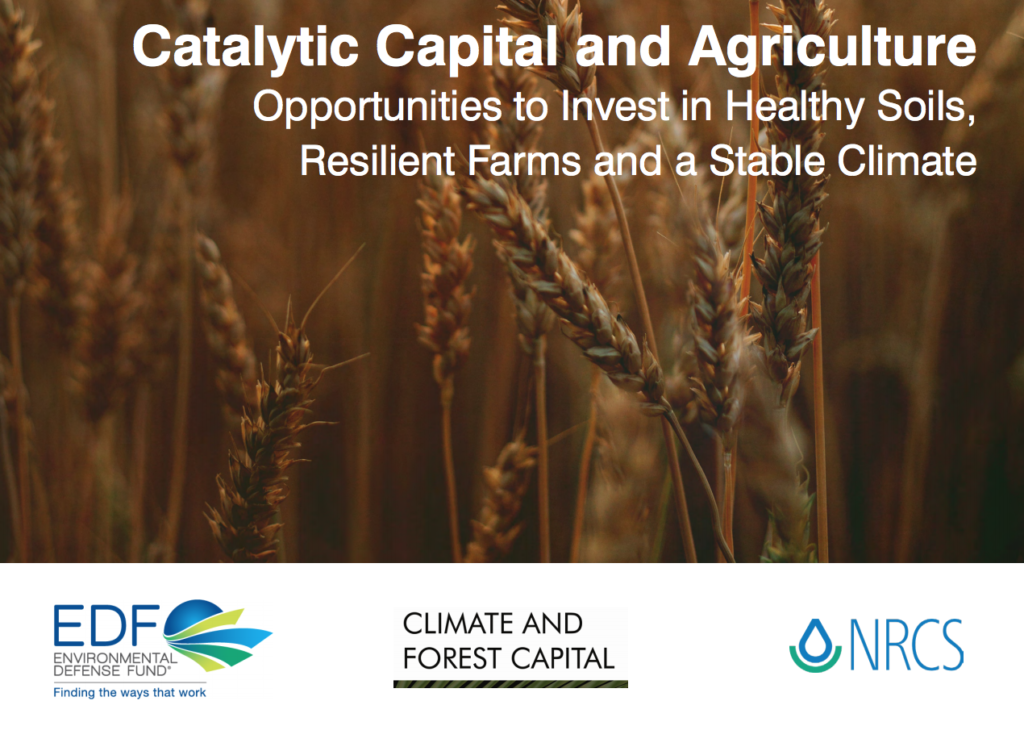
The team at Agrarian Trust is thrilled to see the Agrarian Commons model of community-held farmland featured in a new report on innovative models for agriculture. As the report’s authors explain, “Catalytic capital is traditionally defined as the use of blended finance tools to improve projects’ risk-return profiles to match the requirements of market rate […]
The Fault in Our Farming
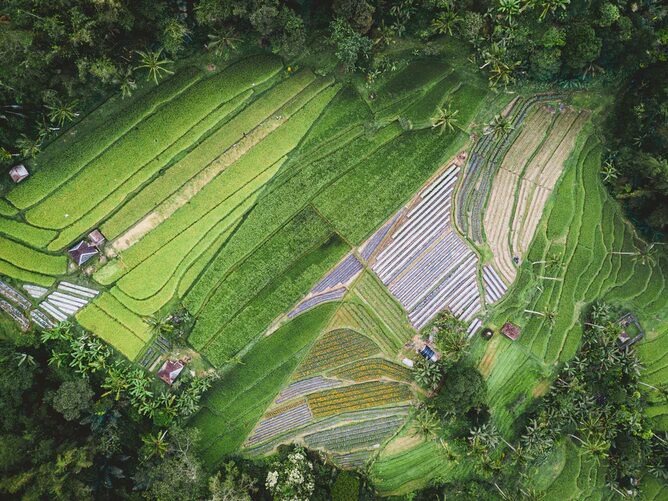
Humanity can no longer afford to ignore the myriad ways in which monoculture is unsustainable and dangerous. Widespread environmental sustainability is virtually impossible under the monoculture farming model. It seems as though we must look to the farmers and stewards of the past to protect public health into the foreseeable future.